Suchanda on finding joy beyond the silver screen
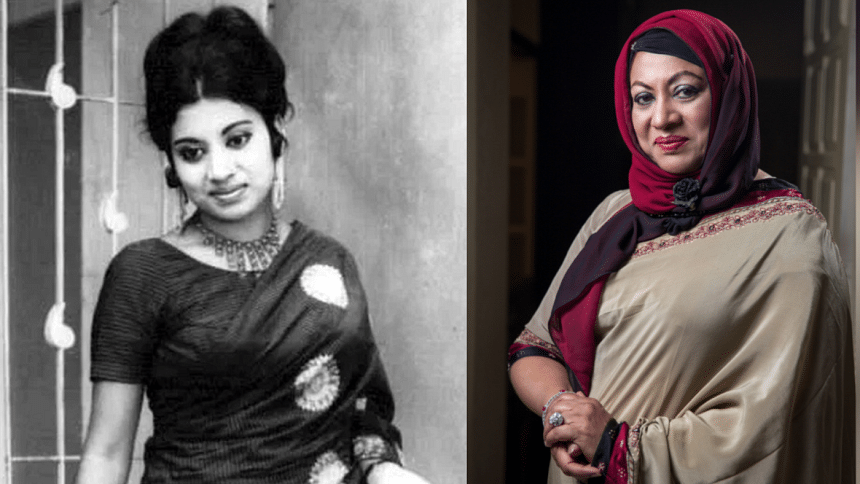
Suchanda — the iconic face of the golden era of Bangladeshi cinema in the 1960s and '70s — once ruled the screen with films like "Jibon Theke Neya", "Osru Diye Lekha", "Je Agune Puri", "Kancher Swarga", "Chawa Pawa", "Noyontara", "Shuorani Duorani," "Behula", "Anwara", "Jog Biyog", "Moner Moto Bou", "Notun Name Dako", "Ayna O Oboshishto," "Kotha Dilam," "Kolmilata", "Sakal Sandhya" and "Phuler Moto Bou," among many others.
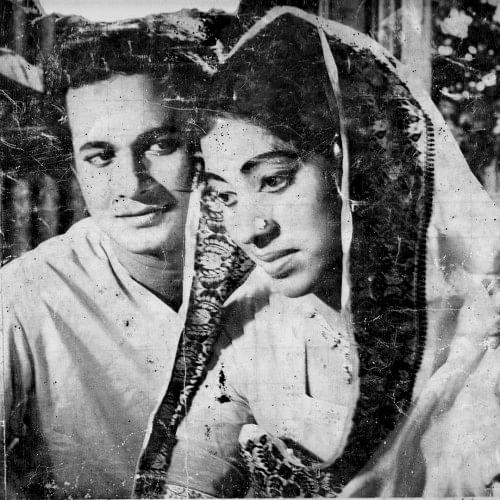
Suchanda not only flourished as one of the most celebrated actresses of her time, making her debut with "Kagojer Nouka", but also proved her artistry behind the camera by directing the acclaimed film "Haajar Bachhar Dhorey ". Honoured with a Lifetime Achievement Award at the National Film Awards, she has long since stepped away from the glamour of cinema. But how does she spend her days now? How is the beloved actress of yesteryear? The Daily Star sat down with her to find out.
"I'm doing well, by the grace of God and the love of people," she says warmly. "At this age, I am as fine as one can be."
These days, Suchanda leads a quiet life at home. "I wake up very early and start my day by remembering the Almighty. Every morning, I dedicate about two hours to tending to my plants — watering them, cleaning them, and giving them all the care they need. Sometimes it stretches longer depending on the day," she shares.
What kinds of plants does she grow? "Mainly flowers, with some fruit plants too. I have several balconies filled with greenery. These plants have become very dear to me — they are a big part of my life now."
After gardening, her day unfolds with household chores. "There's always something to do around the house," she laughs. "I live alone, so I have to manage everything by myself."
Does she ever venture out? "Only if there's something urgent — family work, occasional doctor visits, or sometimes a family invitation. But otherwise, not much."
Though one might expect a writer's flair from the veteran actress, she admits she doesn't keep a diary. "No, I don't write a diary. But I do take notes — it's been a lifelong habit. I jot down what needs to be done for the day, or tasks for the next. It keeps me organised."
One of the greatest joys in her life now is spending time with her grandchildren. "Meeting them, talking to them, knowing what's in their hearts — especially the things they sometimes hesitate to share with their parents — brings me immense happiness. I try to fulfill their little wishes whenever I can."
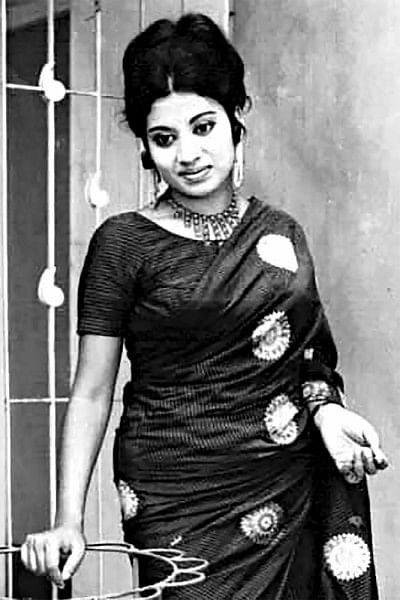
Is there a recurring thought she often has? "Sometimes I wish the days were longer," she confesses with a smile. "From morning till night, I'm busy with one thing or another. By the time I realise, the day has flown by."
Has she revisited the classic films she starred in? "Sometimes I catch a few songs or scenes on YouTube," she says. "But I rarely have time to watch an entire film. I haven't watched television in years — only occasionally, when I'm at my son's or daughter's home, I watch nature programs on National Geographic for about 30 minutes, at most."
The bond between Suchanda and her famous sisters — Babita and Champa — has always been admired. Who played the biggest role in nurturing that bond?\
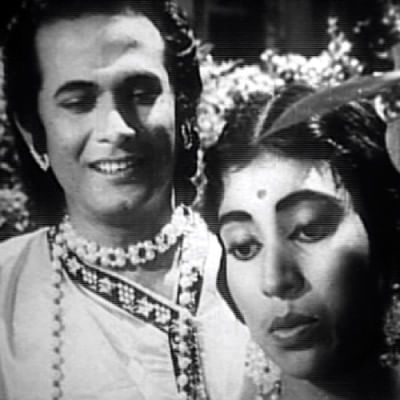
"Me," she says without hesitation. "Keeping the family connected was always important to me. I made the effort — organising get-togethers, keeping track of everyone's well-being. Our bond is still strong, and I take pride in that. Even when we travelled abroad, the family connection remained intact. The full credit goes to me."
At 78, Suchanda remains a symbol of grace, resilience, and the quiet dignity of a life well-lived. She may no longer command the spotlight, but in the private rhythms of her days — among plants, memories, and the laughter of grandchildren — the star of yesteryear shines on.

 For all latest news, follow The Daily Star's Google News channel.
For all latest news, follow The Daily Star's Google News channel. 



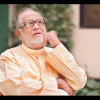



Comments